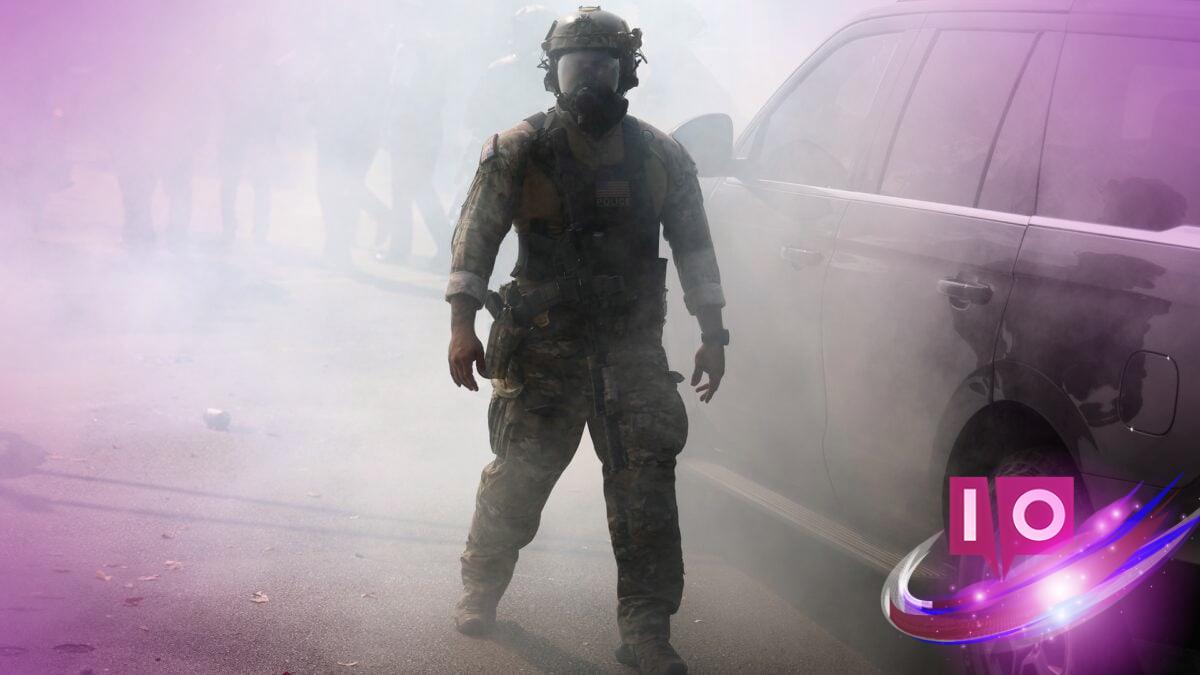The recent controversy surrounding the U.S. Border Patrol’s antisemitic social media video has sparked significant public interest. The agency deleted the video this week, which had been causing discomfort since its posting in August. Navigating these sensitive issues necessitates a careful and discerning approach, especially when dealing with agency communications that reflect broader societal attitudes.
As a seasoned observer of government and public relations responses, I understand how the tone and content of agency statements can influence public perception. The importance of a nuanced response cannot be overstated, especially when something as serious as antisemitism is involved.
A Closer Look at the Video Incident
Back in August, the Border Patrol shared a brief video clip on social media platforms, including Instagram and Facebook. The clip featured audio from Michael Jackson’s song “They Don’t Care About Us,” using portions that included slurs such as “Jew me” and “kike me.” While Jackson later apologized for the initial lyrics, the usage in this context raised eyebrows, particularly in today’s sensitive climate.
Surprisingly, the video went unnoticed until this week, when it garnered attention from white supremacist circles on X (formerly Twitter). The video, which accumulated over 3.4 million views, was notably pinned in the Border Patrol’s Reels section, suggesting that the agency intended for it to reach a wide audience.
The Response from the Border Patrol
Following the uproar, the agency opted to remove the video from both Instagram and Facebook, leading to speculation about whether the decision was initiated by the agency or Meta Platforms. Communication from the Department of Homeland Security (DHS) was sparse, and an official response claimed, “We deleted the post and will update with different music.” The tone of this response felt dismissive, particularly as it neglected to acknowledge the antisemitic nature of the initial content.
This lack of acknowledgment raises questions about the agency’s sensitivity to societal issues. After all, an agency under such scrutiny should engage transparently and thoughtfully, particularly when its social media content reflects broader societal attitudes.
The Broader Implications
The incident reveals deeper issues with the DHS’s current communications strategy. In recent months, it seems as though a pattern has emerged where officials respond defensively and often inaccurately to criticism, losing sight of the factual landscape. Concerns over transparency, especially about immigration enforcement, continue to grow. A recent incident involving a teenager’s arrest in Chicago, widely criticized for its violence, was met with misleading claims from a DHS spokesperson, further exacerbating public distrust.
Why is clarity and truthfulness so important in these scenarios? It’s crucial for maintaining public trust. American citizens deserve transparency, particularly when agencies wield significant power over vulnerable populations.
Current Trends in Government Communication
With the current climate of misinformation and heightened scrutiny toward the federal government, the importance of accurate representations cannot be overstated. Recent events, such as protests against ICE and miscommunication surrounding various arrests, indicate a troubling trend of vague or inaccurate statements from DHS representatives. This pattern undermines public trust and creates confusion about the agency’s actions.
The evolving relationship between the public and law enforcement agencies requires greater accountability. When agencies issue misleading statements or fail to confront issues head-on, it fosters suspicion. American citizens are increasingly demanding clarity and honesty from the government. After all, trust is built through transparent communication.
What can the U.S. Border Patrol do to rebuild trust? Addressing community concerns openly, without defensive posturing, would be a strong first step. Engagement should be a two-way street, encouraging honest dialogue and striving for a better understanding between the agency and the communities it serves.
Is there an effective strategy for improving public perception of law enforcement agencies? Yes, officials can take a more active role in community engagement. Hosting town hall meetings or engaging in social media outreach can help humanize agency representatives and clarify misconceptions about their missions.
What role does social media play in shaping public perceptions? Social media is now crucial in how information is disseminated and perceived. Agencies must navigate this landscape carefully to avoid backlash and misinterpretation, especially with sensitive content.
How do past actions influence current public trust? Public trust is often built on a history of accountability and transparency. Consistent, truthful communication can genuinely influence how people view government agencies.
As we ponder the implications of this incident, it’s vital to encourage a commitment to accountability and openness within our government. The future of public perception relies on the actions taken today.
Continue to explore related topics and engage with the ongoing dialogue about transparency and governmental accountability at Moyens I/O. Staying informed is critical to fostering a more transparent society.
